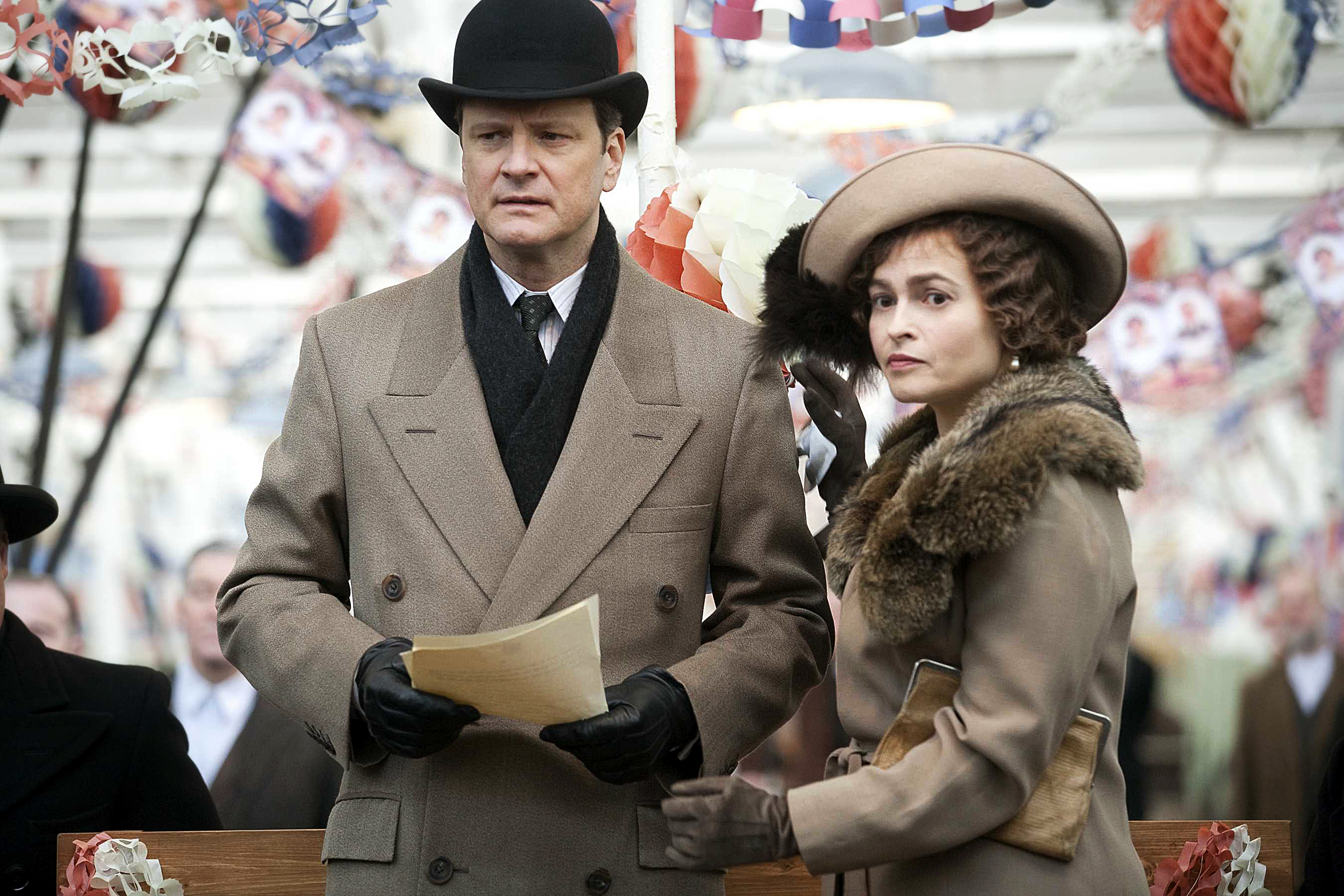America has completed another presidential election, and your mind is probably still reeling with emotions from the outcome.
But as I wrote this column before the election, the polls were still open, and in between constant checking of CNN my mind was still reeling from a movie I saw the night before at the American Film Institute festival ““ the French film “Rust and Bone” starring Marion Cotillard.
It was the first time I attended a premiere for a drama film (unless you count the “The Twilight Saga: New Moon” midnight premiere I was dragged to by my best friend, but I try to pretend that didn’t happen), and it was amazing to watch the shared reactions to the emotions played out on screen. “Rust and Bone” is not a film that lets you casually watch. It forces you to laugh, cry and wince (including a particularly ironic scene involving a Katy Perry song ““ yeah, I never thought I’d write that line either).
“Rust and Bone” is already stirring major Oscar buzz for leading lady Cotillard, already a best actress winner for her authentic-to-the-core turn as Édith Piaf in “La Vie en Rose” (2007). And she’s not the only foreign contender who’s got Hollywood talking. Emmanuelle Riva, star of “Amour,” an Austrian film and a sure bet to get a foreign picture nomination come January, is also garnering a lot of attention.
But don’t worry, this isn’t another article about foreign pictures (been there, done that). What’s riveting about Cotillard and Riva’s performances, and their corresponding buzz, is that they, and the movies they come from, are of the quietly powerful.
Historically, the Oscars has always liked its movies grand and epic. You could even reduce it to a checklist. Is the film a drama? Check. A period film, especially during wartime? Check. Involving two lovers meant to be with each other but destined to be tragically torn apart? Duh. Over two hours? Bonus!
These are the kinds of the films that dominated the Oscars in the ’90s. “Dances With Wolves,” “Titanic,” and “The English Patient” were beloved by the Academy for their grand-scale sets, stirring scores and tear-jerking scenes. In a time when America was booming economically and bubblegum pop dominated the radio, we wanted our drama and our tears to come from the movie theater.
But if the buzz around “Rust and Bone” and “Amour” represents anything, it’s that the tide has changed. The Oscars are still filled with biopics and period pieces, but more movies that are getting nominated are independent, and with that they’re also smaller in budget and quieter in scale.
These two foreign films are both about love between fairly normal people. “Rust and Bone” follows a worst-dad-of-the-year and the deepening of his relationship with Cotillard, a SeaWorld-esque whale trainer who suffers a horrible accident. “Amour” follows a couple in their 80s whose devotion is tested when the wife (Riva) becomes terminally ill.
These are movies where the most powerful scenes play out in bedrooms and beaches, not shootouts and showdowns. They’re filled with antiheroes who force us to think about their questionable actions, rather than heroes who beg us to put them on a pedestal.
That’s not to say the Academy has been all about drama.
The last two movies to win best picture, “The King’s Speech” and “The Artist,” are both lighthearted, funny and inspiring. But they join a recent history of small independent films beating out the big boys.
Kathryn Bigelow’s indie “The Hurt Locker” beat out the giant “Avatar” by epic-creator James Cameron (who also just happens to be Bigelow’s ex-husband; how’s that for sweet revenge?). “Slumdog Millionaire” was almost relegated to the straight-to-DVD section at Blockbuster before being saved last minute and gaining major film festival love.
It would be easy to say that we as Americans, and the Academy as a pool of critics, like our movies big and grand when the economy is doing great, and small and quiet when it’s doing less than swell. I think the change is more one of style. As more complex shows sweep our television screens à la “Mad Men” and “The Walking Dead,” we expect, and demand, the same from our movies.
More than ever, the Oscars has been a way not only to reward these innovative, quiet films, but also to give them publicity. “Slumdog Millionaire” became national conversation (and “Jai Ho” everyone’s new favorite catchphrase) once it started gaining Academy buzz.
It may take millions of dollars and a lot of shouting to win a presidential election, but sometimes, at least in the movies, the quiet little guy can still win.
If the movie of your life had a tragically ironic pop song playing in the background, what would it be? Email Konstantinides, who would pick some vintage Hilary Duff, at akonstantinides@media.ucla.edu.
